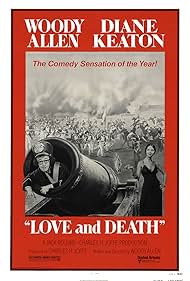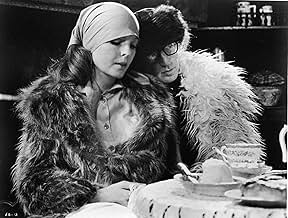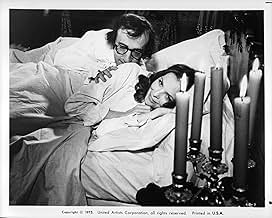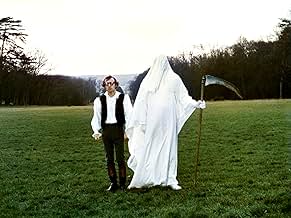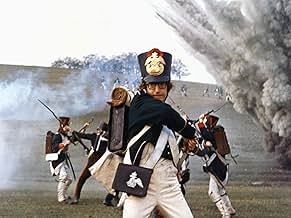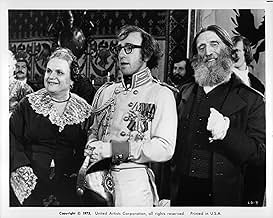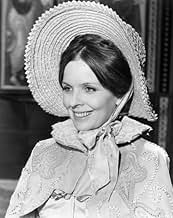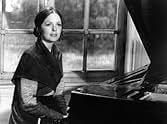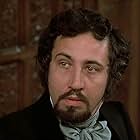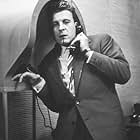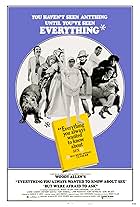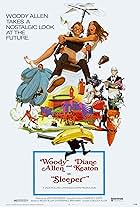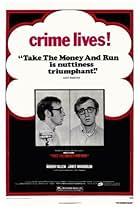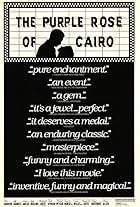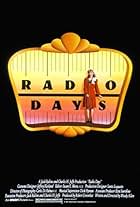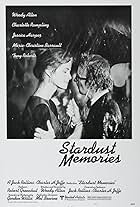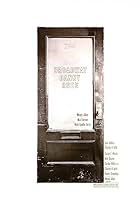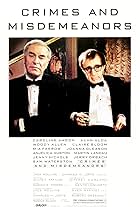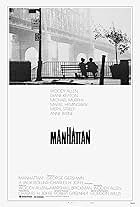In czarist Russia, a neurotic soldier and his distant cousin formulate a plot to assassinate Napoleon.In czarist Russia, a neurotic soldier and his distant cousin formulate a plot to assassinate Napoleon.In czarist Russia, a neurotic soldier and his distant cousin formulate a plot to assassinate Napoleon.
- Awards
- 1 win & 1 nomination
Féodor Atkine
- Mikhail
- (as Feodor Atkine)
Yves Barsacq
- Rimsky
- (as Yves Barsaco)
Gérard Buhr
- Servant
- (as Gerard Buhr)
Henri Czarniak
- Ivan
- (as Henry Czarniak)
- Director
- Writer
- All cast & crew
- Production, box office & more at IMDbPro
Storyline
Did you know
- TriviaIn an interview with 'Esquire' magazine, Woody Allen once said of the making of this movie: "When good weather was needed, it rained. When rain was needed, it was sunny. The cameraman was Belgian, his crew French. The underlings were Hungarian, the extras were Russian. I speak only English - and not really that well. Each shot was chaos. By the time my directions were translated, what should have been a battle scene ended up as a dance marathon. In scenes where Keaton and I were supposed to stroll as lovers, Budapest suffered its worst weather in twenty-five years".
- GoofsThe young Boris has blue eyes, but the adult Boris has brown eyes.
- Quotes
Sonja: To love is to suffer. To avoid suffering one must not love. But then one suffers from not loving. Therefore, to love is to suffer; not to love is to suffer; to suffer is to suffer. To be happy is to love. To be happy, then, is to suffer, but suffering makes one unhappy. Therefore, to be unhappy, one must love or love to suffer or suffer from too much happiness. I hope you're getting this down.
- Crazy creditsRussian composer Sergei Prokofiev is listed in the credits as "S. Prokofiev," just the way he would have been listed in the credits of a Russian film.
- Alternate versionsThe MGM DVD release deletes the pre-title Prokofiev overture.
- ConnectionsFeatured in V.I.P.-Schaukel: Episode #7.3 (1977)
Featured review
"Love and Death" is one of my favourite Woody Allen films, right up there with "Manhattan," "Crimes and Misdemeanors" and "Deconstructing Harry." Sure, the jokes are scattershot and don't always work, but when they do the film is a gut-buster. ("A tremendous amount of wheat!") Parodying everything from Russian literature to foreign films (especially those of his beloved Ingmar Bergman), it's also one of Allen's most overtly philosophical films with characters breaking into syllogisms and formal arguments at the most unlikely moments. Students of philosophy should get a kick out of it.
That said, it is accessible to just about anybody. Almost nobody does fish-out-of-water comedy as well as Woody Allen (see also "Bananas" and "Sleeper"), and Diane Keaton shines as usual as the promiscuous object of his desire. And look for Jessica Harper in a small role as the cousin who rattles off a convoluted list of romantic entanglements worthy of Chekhov.
This was the last step of Allen's formative period. After this, his films would get a lot more focused.
That said, it is accessible to just about anybody. Almost nobody does fish-out-of-water comedy as well as Woody Allen (see also "Bananas" and "Sleeper"), and Diane Keaton shines as usual as the promiscuous object of his desire. And look for Jessica Harper in a small role as the cousin who rattles off a convoluted list of romantic entanglements worthy of Chekhov.
This was the last step of Allen's formative period. After this, his films would get a lot more focused.
- craigjclark
- Oct 10, 2001
- Permalink
Details
- Release date
- Country of origin
- Official site
- Language
- Also known as
- Die letzte Nacht des Boris Gruschenko
- Filming locations
- Production companies
- See more company credits at IMDbPro
Box office
- Budget
- $3,000,000 (estimated)
- Gross US & Canada
- $20,123,742
- Gross worldwide
- $20,123,742
Contribute to this page
Suggest an edit or add missing content

